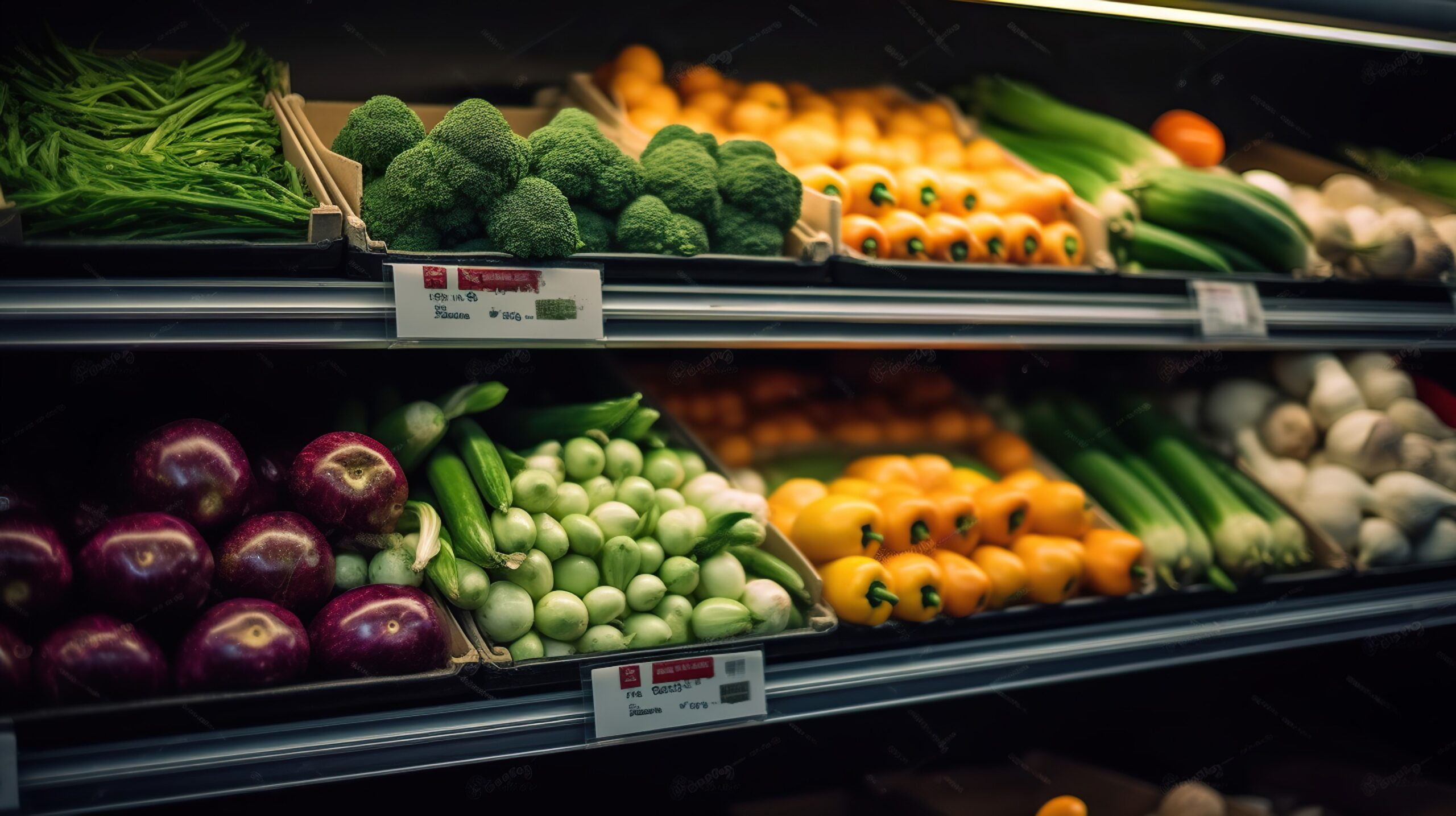Food Traceability: Are you FSMA ready?
September 5, 2023

The FDA’s final Food Traceability Rule (FTR), which implements Section 204(d) of the FDA Food Safety Modernization Act (FSMA), is designed to reduce the incidence of foodborne illnesses by instituting additional traceability recordkeeping requirements for high-risk foods. The rule, which carries a compliance deadline of January 20, 2026, applies to manufacturers, processors, packers, and entities that hold foods and multicomponent products containing foods specified on the Food Traceability List (FTL).
Food traceability refers to the ability to track and trace the movement of food products along the entire supply chain, from production and processing to distribution and consumption. The goal of food traceability is to enhance food safety, quality, and transparency by ensuring that the origin, handling, and distribution of food items can be accurately documented and verified.
Key components of food traceability include:
- Product Identification: Each unit of food should have a unique identifier, such as a barcode, QR code, RFID tag, or a combination of these, which can be scanned or read at various points in the supply chain.
- Record Keeping: Detailed records are maintained at each step of the supply chain, documenting information such as the date and location of production, processing, packaging, and distribution.
- Data Sharing: Stakeholders in the supply chain, including producers, processors, distributors, retailers, and regulatory authorities, share relevant data to ensure a transparent flow of information.
- Technology and Systems: Advanced technologies like blockchain, IoT (Internet of Things), and cloud-based systems are often employed to create a secure and easily accessible digital record of the food’s journey.
- Traceability Software: Specialized traceability software or platforms help automate data collection, storage, and sharing, making it easier to track and verify the movement of food items.
Benefits of food traceability include:
- Food Safety: Traceability helps identify and isolate contaminated or unsafe products quickly, reducing the risk of foodborne illnesses and allowing for targeted recalls.
- Quality Assurance: By knowing the origin and handling of food products, businesses can maintain and verify the quality of their products.
- Regulatory Compliance: Many countries have regulations and standards that require traceability for certain types of food products. Implementing traceability systems helps businesses comply with these regulations.
- Consumer Confidence: Transparent traceability practices can build trust among consumers who are concerned about the safety and sourcing of their food.
- Supply Chain Efficiency: Traceability can streamline supply chain operations by identifying bottlenecks and inefficiencies, leading to cost savings.
- Recall Management: In case of recalls, accurate traceability data can help pinpoint the affected batches, minimizing the scope and impact of recalls.
- Market Access: Some markets and retailers require traceability as a condition for entering their supply chains.
Overall, food traceability is a critical component of modern food systems, contributing to safer and more transparent supply chains. It helps protect consumer health, maintain food quality, and enhance the accountability of all parties involved in the food production and distribution process.
Join us at the IFDA Solutions Conference 2023 in Fort Worth, TX (Sept 10-13), BOOTH 223, to find out how the FDA Food Safety Modernization Act (FSMA) compliance initiatives can be implemented efficiently in key areas of the supply chain. Learn more about the event here.